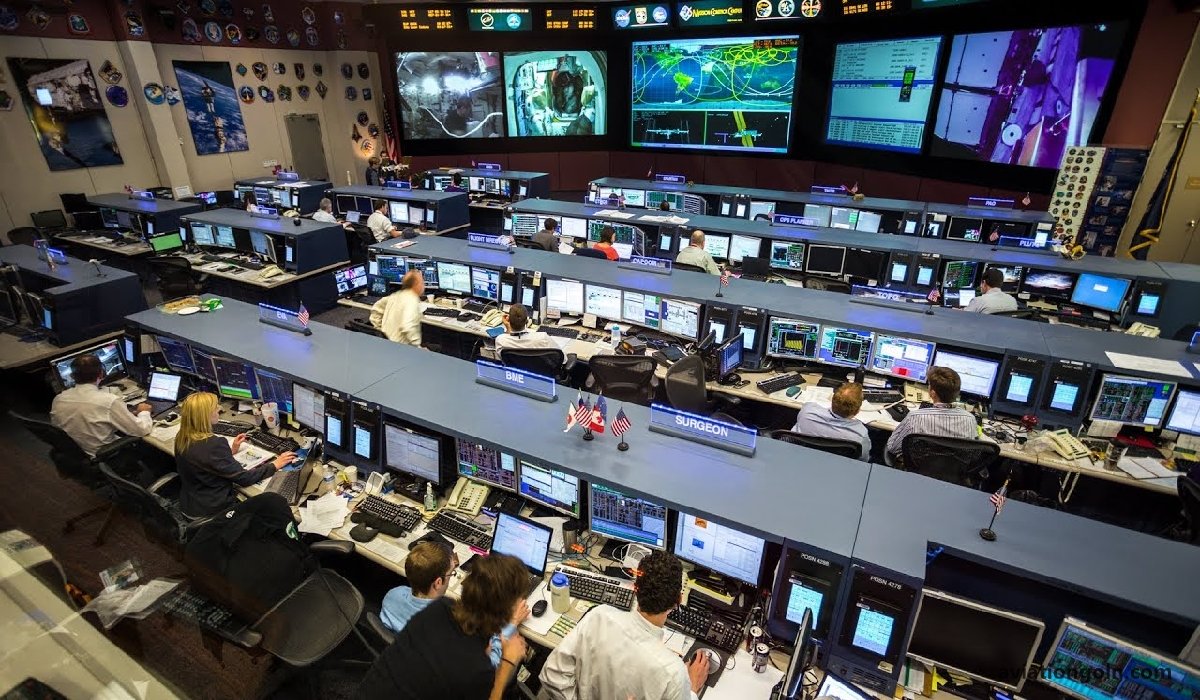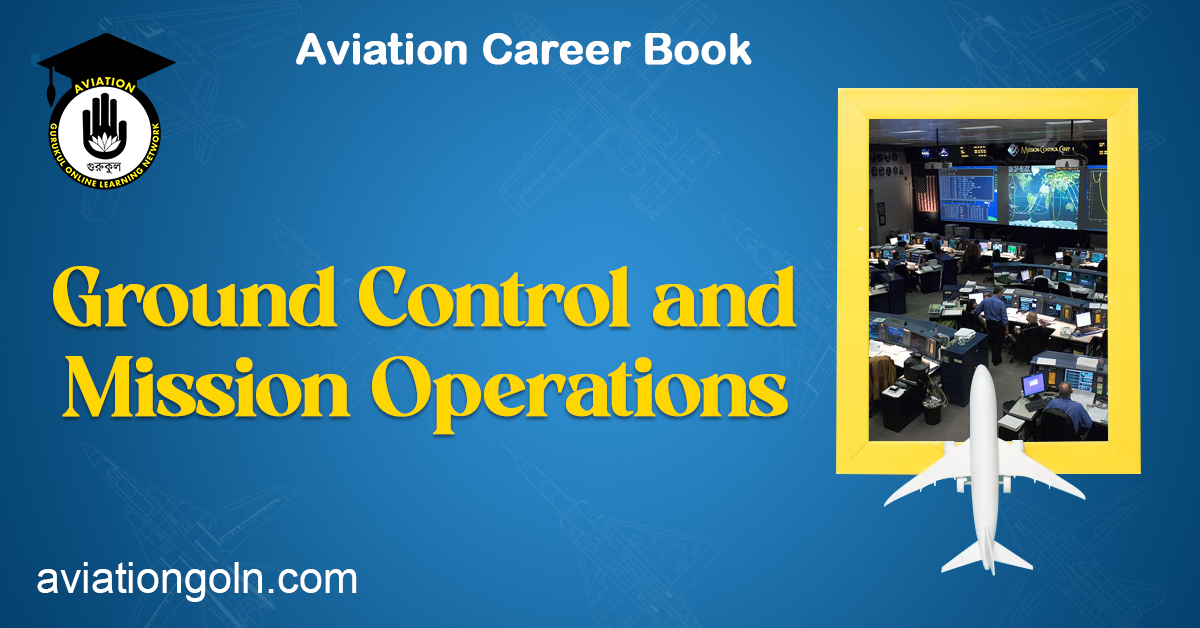Ground Control and Mission Operations: Space exploration has intrigued humanity for centuries. In the modern era, this fascination is reflected in the massive investment in space programs by various nations. As we venture deeper into space, the roles of ground control and mission operations become increasingly crucial.
They act as Earth’s lifeline to astronauts and spacecraft beyond our atmosphere, ensuring mission success and the safety of all involved. This article sheds light on the exciting and challenging careers within ground control and mission operations in space aviation.
Ground Control and Mission Operations: Space Aviation Careers

II. Ground Control: The Earthbound Lifeline
Ground control is the epicenter of every space mission. Before delving into the myriad careers within this domain, it’s essential to understand its significance.
- Role & Significance Ground control is responsible for monitoring and communicating with any spacecraft launched from Earth. They provide instructions to astronauts, ensure the spacecraft’s systems are functioning correctly, and handle any emergencies that arise during the mission.
- Key Careers in Ground Control
- Flight Controllers: These are the individuals who manage and operate spacecraft and the International Space Station (ISS). They are experts in specific systems aboard the spacecraft or the ISS.
- Flight Directors: They are the decision-makers during live missions. Flight directors make high-stakes decisions, especially during emergencies, to ensure the crew’s safety and mission success.
- Ground Support Engineers: Their role is to maintain and manage the terrestrial systems that support space missions, including communication networks and ground-based telescopes.

III. Mission Operations: Planning & Execution
Mission operations focus on the planning, training, and execution of space missions. It’s the behind-the-scenes effort that ensures every mission is thoroughly prepared and has the highest chance of success.
- Role & Significance Mission operations teams ensure that all mission elements, from astronaut training to the exact flight path of a spacecraft, are meticulously planned and executed. They are responsible for handling unexpected problems and ensuring that missions achieve their objectives.
- Key Careers in Mission Operations
- Mission Planners: They design the overall structure of the mission, including objectives, timelines, and necessary resources.
- Astronaut Trainers: These professionals prepare astronauts for their missions. This involves both physical training and instruction on operating spacecraft systems.
- Simulation Engineers: They develop and oversee the simulations that both astronauts and ground control teams use for training, helping them prepare for various scenarios.
- Trajectory Analysts: These experts plan the exact route the spacecraft will take. They must consider factors like fuel efficiency, gravitational assists, and potential obstacles.

IV. The Intersection of Ground Control and Mission Operations
While ground control and mission operations have distinct roles, they must work in tandem for a mission to succeed. This synergy is embodied in several key processes and roles:
- Mission Briefings: Regular meetings are held to update all teams on mission progress, challenges, and upcoming milestones.
- Real-time Collaboration: During live missions, ground control and mission operations teams must communicate seamlessly. This collaboration is especially crucial during emergencies or unexpected events.
- Mission Debriefs: After each mission, a thorough review is conducted to identify successes, challenges, and areas for improvement.

V. Skills and Qualifications
Working in ground control or mission operations requires a unique set of skills and qualifications:
- Educational Background: Most roles require a background in engineering, physics, computer science, or a related field.
- Problem-Solving: Space missions are replete with unexpected challenges. The ability to think on one’s feet and find solutions quickly is paramount.

- Teamwork: Given the collaborative nature of space missions, strong teamwork and communication skills are essential.
- Attention to Detail: Minor oversights can lead to significant problems in space. Hence, meticulous attention to detail is a must.

VI. Future of Ground Control and Mission Operations
With the privatization of space travel and plans for extended missions to Mars and beyond, the importance of ground control and mission operations will only grow:
- Interplanetary Missions: As we plan for missions further afield, the challenges faced by ground control-and mission operations teams will multiply. Communication delays and the extended duration of missions will require new strategies and protocols.
- Integration of AI and Automation: The future will likely see increased integration of AI tools to assist with mission planning, real-time decision-making, and data analysis.
- Private Space Exploration: Companies like SpaceX, Blue Origin, and others are venturing into space exploration. This expansion will lead to a surge in opportunities for professionals in ground control-and mission operations.

Space exploration is often associated with astronauts and rockets. However, the heroes on the ground in mission operations centers worldwide play an equally pivotal role. Their expertise, dedication, and relentless pursuit of excellence ensure that humanity can safely explore the vastness of space. As we stand on the cusp of a new era of interplanetary exploration, the roles of ground control and-mission operations will undoubtedly evolve, offering exciting opportunities for the next generation of space enthusiasts.
